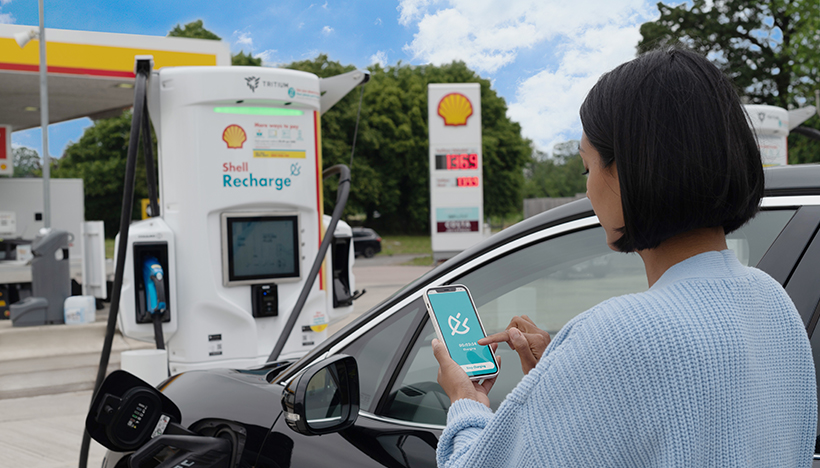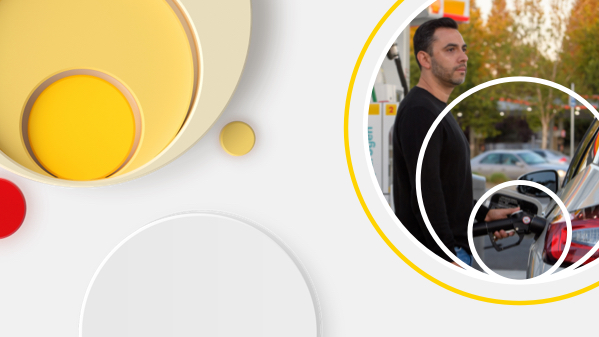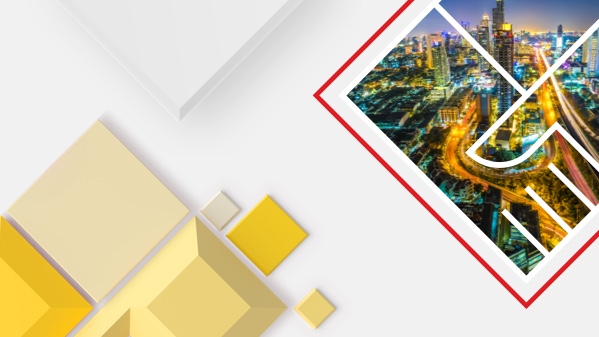Indirect tax advocacy
Around the world there are increasingly frequent and often complex changes to laws governing indirect taxes, such as VAT, excise duties, and environmental taxes. Many of these developments are linked to the energy transition and to economic recovery from the COVID-19 pandemic.
For example, the growing electric vehicle market requires governments to consider the most appropriate mechanisms to ensure the fair and sustainable taxation of the sale and use of electric vehicles.
Within the EU, one key element of debate is how to consistently apply VAT to electric vehicle charging services across all 27 member states, while also enabling them to meet their pledge to reduce emissions by at least 55% by 2030, compared with 1990 levels. Shell has been an active participant in discussions with the European Commission to agree a harmonised approach to electric vehicle charging that is consistent with the treatment of electricity supply in other contexts.
Similarly, both the VAT and excise duty treatment of aviation and marine fuels are under review by the EU. As with the VAT treatment of electric vehicle charging, Shell supports indirect tax policies that promote lower- and zero-carbon transport solutions as long as any tax treatment is consistently applied throughout the EU.
Shell supports measures that combat criminal activity. As a global business, we contribute our experience and insight to discussions aimed at strengthening processes and controls. Together with other companies, we also call for a simplified and harmonised regulation process in support of fair and efficient indirect tax systems.









